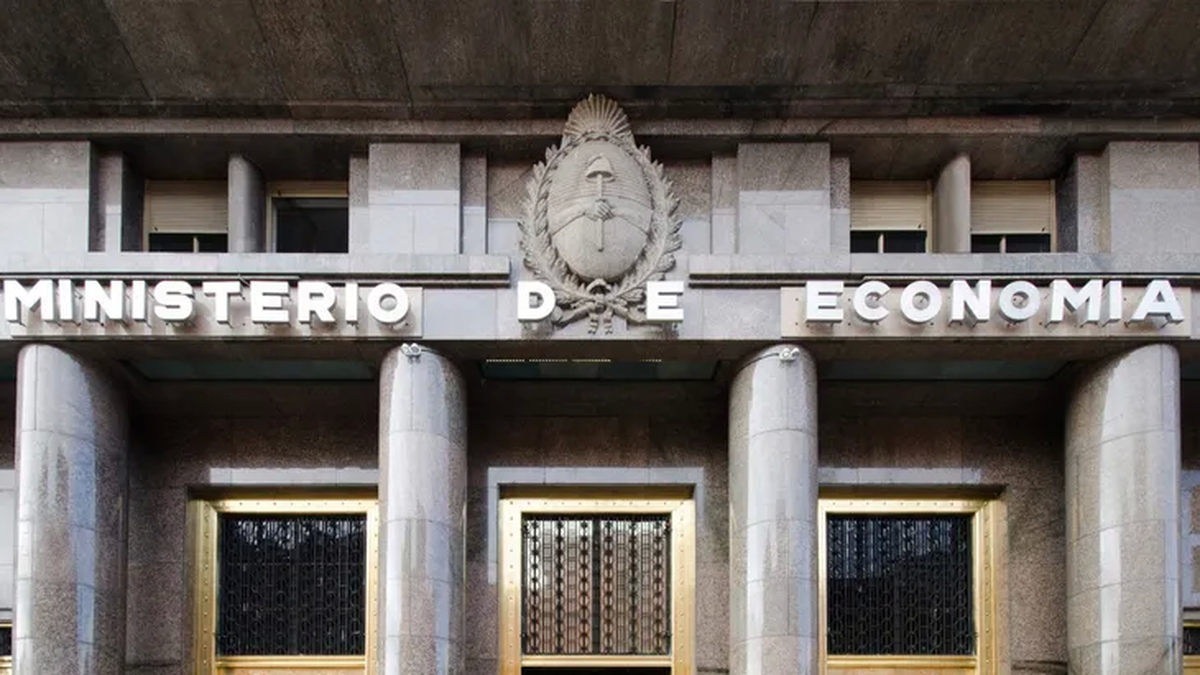This month Batakis has to face debt maturities in local currency for the equivalent of US$4.1 billion, but of these only US$900 million are within the public sector. In this way, in the schedule of the Ministry of Finance, it appears for this Wednesday a new auction of bonds which is expected to be for low amounts.
On Friday, $717 million of a Bocon mature, for principal and interest, and $4,383 million corresponding to a Lelite. To this are added interest on a Bonte 2024 for $1,182 million and interest on a Boncer for $4,546 million, which expire before the next tender, according to details from the Congressional Budget Office (OPC). In total, only $10,828 million would have to be covered.
It will be a real test of the market, since the bulk of the maturities are left for June 29. That day Batakis has to get, in principle, $338,983 million from a Lecer, and another $222,867 million. And on July 30 another $523 million from the Fiscal Consensus Bond. Along with other minor maturities, in the remainder of July, $487,863 million are due. Only slightly more than 100,000 would be intra-public sector.
In another context, the figure would not generate any problem but under the current conditions yellow lights turn on. If it cannot “roll” 100% of the commitments, the Treasury will have to pay the pesos, which will surely ask the Central Bank to cover them with issuance.
ANDhe political context is not the best to go out and place debt. Batakis took office almost unexpectedly a week ago and has yet to give any signal. Despite the fact that she is unknown in the financial environment, some of her first public statements raised doubts.
As stated in the market, this year the Government will be able to refinance 75% of maturities. The estimates made by some operators and institutional investors is that the debt in pesos is divided approximately in half between private companies and the other 50% in the hands of state agencies. It is believed, in gross numbers, that half of the private sector will renew their trust in the Government while the rest will take the weights.
On the other hand, it is estimated that as the year progresses there will be a “wall effect”. As the market is renewing placements with the government for a maximum term of three months, and the times are adjusted, the horizon of each renewal of debt becomes shorter and this generates an accumulation. Rolling needs are then likely to jump from about $500 billion to an average $1 trillion per month, operators say. As the economist Miguel Kiguel pointed out in a recent talk, each tender will be similar to the “Super Tuesdays” of the Lebacs that the former president of the Central Bank, Federico Sturzenegger, used to tender during the management of former president Mauricio Macri.
The other doubt that exists in the market, then, is what can happen if the government does not meet the fiscal goals agreed with the IMF. Strictly speaking, the agency is expected to modify the conditions of the agreement to prevent the Extended Facilities Program from falling, at least until the end of the year.
Source: Ambito
David William is a talented author who has made a name for himself in the world of writing. He is a professional author who writes on a wide range of topics, from general interest to opinion news. David is currently working as a writer at 24 hours worlds where he brings his unique perspective and in-depth research to his articles, making them both informative and engaging.




